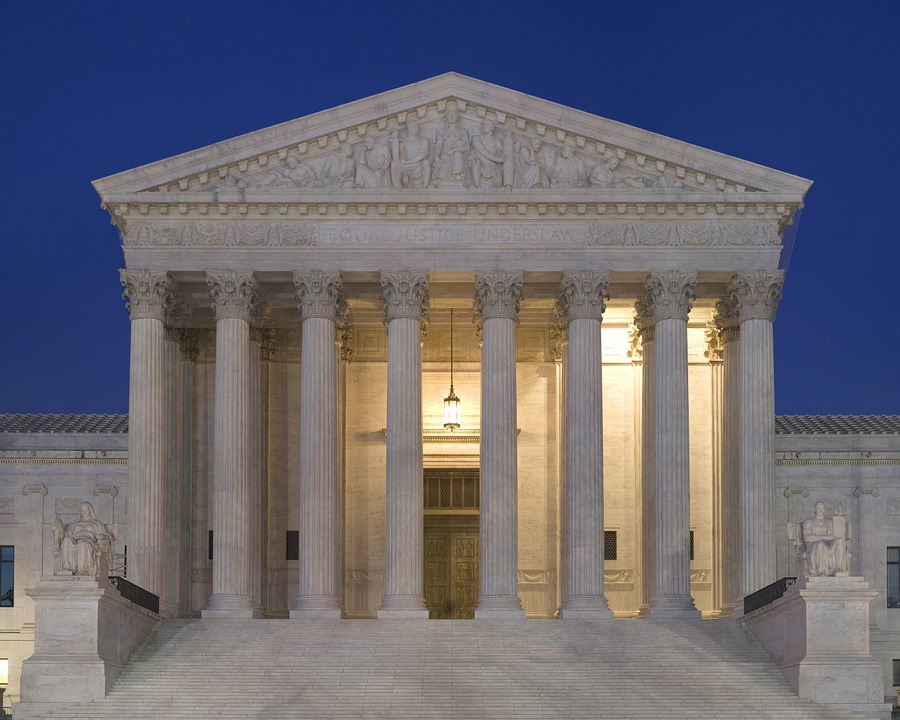
On Tuesday, January 22, the Supreme Court allowed President Trump's ban on transgender people from serving in the military to go into effect. This has prompted a great deal of reflection at United. As a seminary that trains compassionate spiritual leaders, and as a community of faith that includes transgender and gender-fluid people, we cannot stay silent in the face of the Trump administration's policy on transgender military service. What is at stake is the recognized humanity, dignity, and communal inclusion of trans people. What is at stake is a just world.
Our registrar, Christian Eriksen, has noted that the ban affects our students who are training to be chaplains in the military as well as the military service members they will be serving. In his words:
In March I was at an Air Force event for chaplain educators. During a Q and A with chaplain recruiters I asked about what I should tell trans or gender-fluid folks who might consider military chaplaincy in light of the Trump administration's intentions to bar trans persons from service in the military. The chaplain who answered is a conservative evangelical pastor who was of the opinion that the question had already been answered for the military, in that they had already made all of the policy changes and accommodations necessary (to have transgender people serve) and so any change to bar trans persons was purely political. He also expressed some frustration about the impacts of such political decisions on those who are charged with recruiting, as well as those providing care and accommodation to our service members.
Student Max Brumberg-Kraus has this to say about the ban:
Leslie Feinberg, the transgender writer and union activist, and activist for trans rights who died in 2014, wrote: "We have not always been forced to pass, to go underground, in order to work and live. We have a right to live openly and proudly. When we are denied those rights, we are the ones who suffer that oppression. But when our lives are suppressed, everyone is denied an understanding of the rich diversity of sex and gender expression and experience that exist in human society."1
As a progressive seminary, we might take Feinberg's words as a lament on the suppression of the self necessary for so many transgender people to survive in this world. Feinberg and the work of trans people, artists, activists, thinkers past and still living is prophetic, envisioning a society that is just, holding us all accountable until we make that place real. We might see Feinberg's message as a benediction to transgender people: live open, live true to yourself, live in community, live beyond the confines of restrictive medical, social, and religious conceptions of gender. Surely a benediction to us all: go out to undo the shackles of gendered coercion, of gendered repression.
Regardless of how we might feel about the military, we must stand in solidarity with those who have been re-traumatized by the court's decision. We must speak out against this governmental endorsement of hate. And as religious leaders and spiritual caregivers, we must listen to those most harmed by cissexism. We denounce the message sent by the Supreme Court and the Trump Administration. We demand a world where transgender people are not the pawns of political machinations but are embraced fully in our communities of faith, in our public and private institutions, and in society as a whole. Anything less is unacceptable.
1. Leslie Feinberg, Transgender Warriors: Making History from Joan of Arc to Dennis Rodman (Boston: Beacon Press, 1996), 88.
We are both angered and saddened by the administration's continued efforts to marginalize different groups of people, including trans persons. We will continue to work toward a more just world that includes and celebrates everyone.



Your Comments :